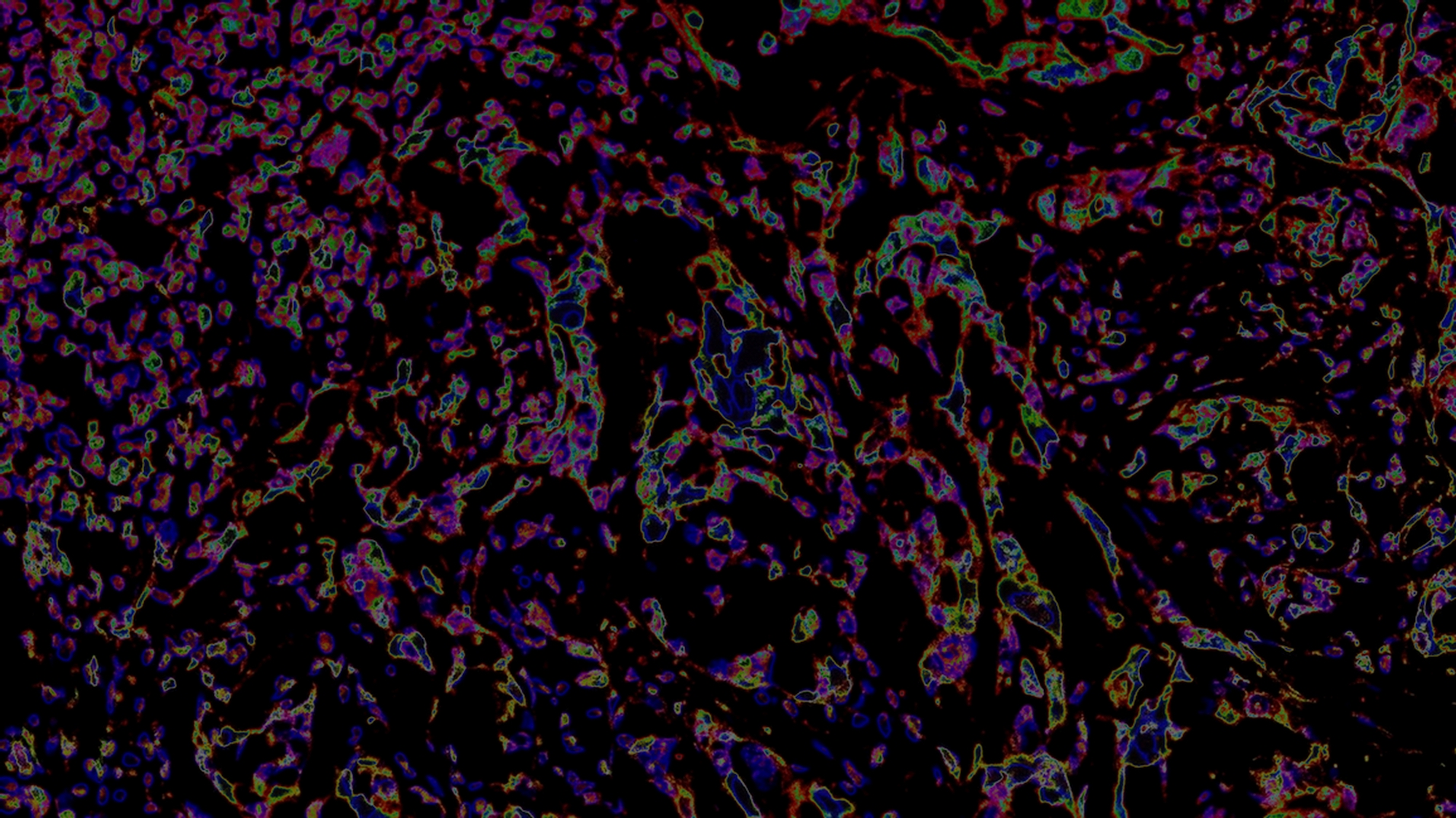New research by CSUN Professor of Biology Jonathan Kelber and a team of students, postdocs, and international collaborators shows how a gene Kelber first examined in his postdoctoral research, PEAK1, plays a key role in the progression of breast cancer and its resistance to a targeted therapy.
This conclusion is presented in a paper published over the summer in the journal Oncogene, which marks the culmination of years of work by Kelber and a range of collaborators and mentees. The paper, led by MSci alumnus Sarkis Hamalian, presents experimental results to demonstrate that expression of PEAK1 is associated with relapse and reduced survival in patients with a particularly aggressive form of breast cancer, and that PEAK1 expression helps breast cancer cells resist the anti-cancer drug lapatinib. Notably, Kelber pointed out in an interview with CSUN Today, PEAK1 produces these effects not from tumor cells, but from closely associated fibroblast cells.
The full paper is online at the journal website, and you can read more about the history of research and collaboration leading up to its conclusions in a “Behind the Paper” post Kelber wrote for the journal’s blog.

Featured image: Modified visualization of an IF-stained tumor section (Courtesy of the Kelber Lab).

